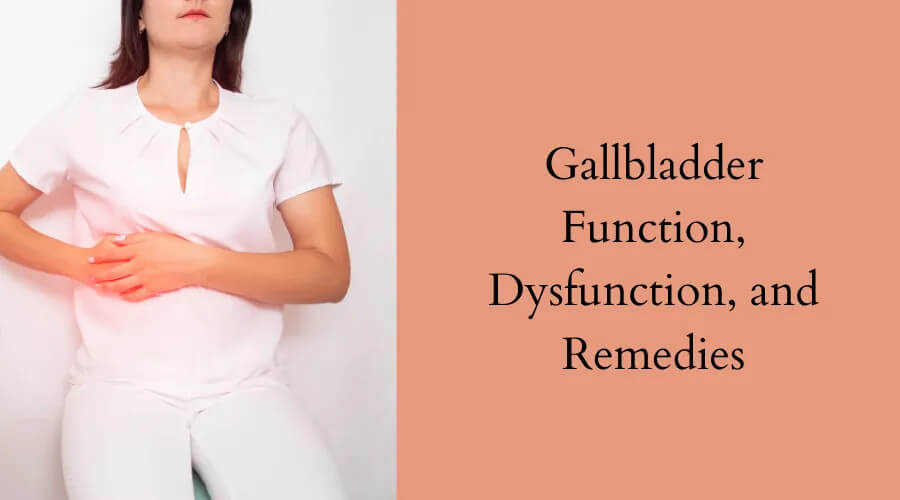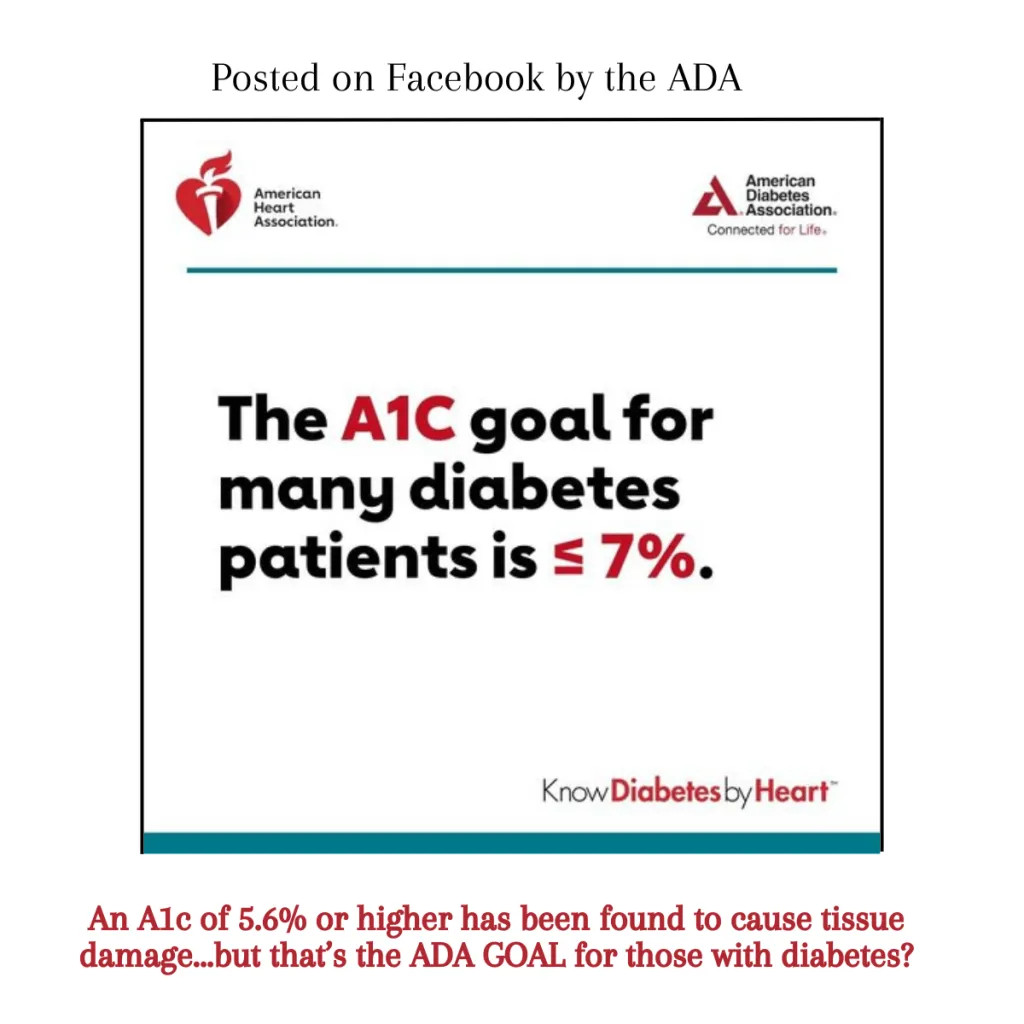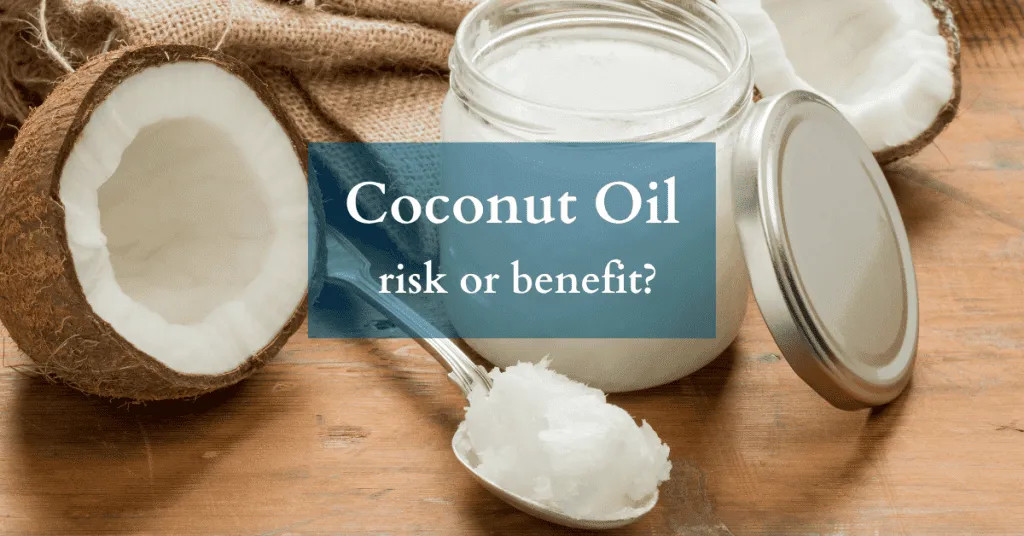
The gallbladder is a small organ located just below the liver. It’s responsible for the storage and concentration of bile, which helps to digest food and detoxify the body. When the gallbladder isn’t working properly, it can result in all sorts of problems including stones, re-intoxication of the body, and improper digestion of nutrients. Here are some common gallbladder symptoms, along with a few remedies to help you have a healthy gallbladder!
What is the gallbladder and what does it do
The gallbladder is an important organ in digestion and detoxification. Its primary function is to store and concentrate bile made by the liver. Bile is a digestive juice that helps break down fats in the small intestine and binds to toxins for excretion in the feces. When functioning properly, the gallbladder contracts to release bile into the intestines when protein and fat and present in the small intestine.
If the gallbladder isn’t functioning properly, however, it can result in various symptoms such as nausea, vomiting, abdominal pain, and fatty stools. Gallbladder removal, or cholecystectomy, is a common surgery performed on over 500,000 Americans each year. In fact, approximately 10% of adults will have gallstones or other gallbladder-related dysfunction in their life. Surgery is common, but isn’t the only remedy! Read on to learn more about common dysfunctions and remedies that are NOT surgical in nature.
Gallbladder dysfunctions
Cholecystitis: Cholecystitis is an inflammation of the gallbladder. The most common symptom is pain in the upper right side of the abdomen, which may radiate to the back. Other symptoms include nausea, vomiting, and fever. Treatment typically involves antibiotics and pain relief medication. Surgery may be necessary if the inflammation becomes severe or rupture is likely. Cholecystitis can occur with or without stones.
Gallstones: are tiny crystals often made of cholesterol and calcium. Most of the stones found in people of Western cultures are made due to concentrations of cholesterol with inadequate bile salts. Please note the liver makes cholesterol in all humans – this is not the same as dietary cholesterol. Dietary cholesterol not only does not increase gallstone production but is a necessary component of creating bile. Gallstones can become serious and lead to blockage of the bile duct.
Causes of gallbladder dysfunction
Blood sugar/Insulin: Elevated insulin levels not only play a role in blood sugar management and diabetes but also plays a significant role in metabolism and digestion. Managing blood sugar and insulin levels is a primary way to take care of your gallbladder. This also helps you become more metabolically flexible – being able to burn either glucose (food) energy or stored body fat for energy.
Stress: Elevated cortisol levels occur due to chronic stress – physical, emotional, or psychological. Stress is a common theme in many chronic and acute illnesses – and gallbladder dysfunction is no different! Stress affects how well our bodies digest foods and can prevent the proper release of digestive enzymes and hormones. Meditation, breathing exercises, adequate sleep, proper diet, and sufficient daily activity can all help manage cortisol levels.
Estrogen: elevated estrogen levels can lead to gallbladder dysfunction as it has a major role in cholesterol metabolism and in the contractions of the muscles of the gallbladder needed to release bile. This may be one reason why more women suffer from gallstones and gallbladder dysfunction, although men can have estrogen dominance as well. Estrogen levels are also commonly elevated in obese people as fat cells can produce estrogen. Losing excess body fat can help reduce estrogen levels.
Low-fat diets: A low-fat diet is one of the most common causes of gallbladder dysfunction. When you don’t eat enough fat, your body produces less bile and doesn’t get the signal to contract to release the bile. This can cause the gallbladder to become congested and inflamed, leading to pain and other unpleasant symptoms. A low-fat diet also increases the risk of fat-soluble vitamin deficiencies (A, D, E, and K vitamins) because fat is required to digest and absorb these nutrients.
Constipation: causes increases in estrogen (failure to detox estrogen from the body) and allows other toxins to be retained and reabsorbed by the liver. Proper nutrition, digestion, absorption, and detoxification are all critical to overall health and the health of the gallbladder!
Remedies for gallbladder dysfunction
Gallbladder dysfunction is a common problem that can be caused by many things, including poor or improper diet, lack of exercise, and stress. Fortunately, there are many things you can do to prevent or reverse gallbladder dysfunction.
One of the best ways to prevent gallbladder problems is to eat a healthy diet that includes sufficient healthy fats. Avoid processed foods, sugary drinks, and unhealthy fats such as industrial seed oils (aka vegetable oils like canola, cottonseed, corn oil, soybean oil, safflower oil, sunflower oil, rice bran oil, and grapeseed oil).
Add in some digestive bitters like arugula, dandelion root, artichoke, bitter melon, brussels sprouts, chicory, and endive. These can be eaten whole, consumed as tea, or taken as tinctures.
Exercise is another important part of preventing gallbladder problems. Exercise helps keep your body healthy and strong, and it also helps reduce stress levels. Even going for a leisurely walk can make a big difference!
Getting outside, spending time in nature, and being around animals can help lower cortisol, increase happiness, and boost your overall health and mood.
What if you’ve already had your gallbladder out?
Many of my clients are struggling since having their gallbladder out. I hear complaints like “a few bites of something, anything, causes instant diarrhea”. They’re tired of planning their day around bathroom visits or having to always pay attention to where the nearest restroom is.
Sadly, many of these people were given no advice from their doctors before or after surgery on how to live without a gallbladder. It pains me – because there are some simple remedies that can really help!
First, you can live without a gallbladder. The liver continues making bile, but the gallbladder is no longer there to store it. This means the bile is continually dripped out all day long. You don’t get adequate surges of bile when you eat a meal and you get some bile dripping even when there is no digestion to occur. Bile can be caustic to the intestinal lining and can cause long-term damage to the intestines.
Second, there are some simple supplements that you can take with meals that will aid in proper digestion. These are relatively inexpensive supplements that provide some level of digestive enzymes and bile salts. These can be critical to properly emulsifying fat, absorbing fat-soluble vitamins, and detoxing the body of hormones and other toxins. My favorite supplement for those without a gallbladder is called Beta Plus by Biotics Research. Check it out by setting up a free account here.
Summary of Gallbladder health:
Gallbladder issues are common, but surgery isn’t the only option in many cases. Managing insulin, cortisol, and estrogen levels, preventing constipation, eating healthy fats, reducing stress, and increasing daily activity are all remedies to help improve gallbladder health.
If you still have your gallbladder but struggle with a sluggish gallbladder, fatty stools, constipation, or other digestive distress, you might try a quality digestive enzyme product like Beta TCP by Biotic Research or Complete Digestion by Enzyme Science. I especially like Beta TCP for those with constipation. Again, set up a free account and learn more about these products here.





















0 Comments